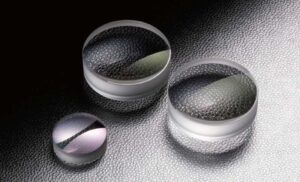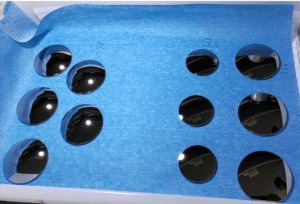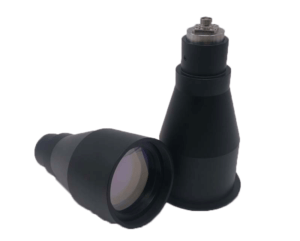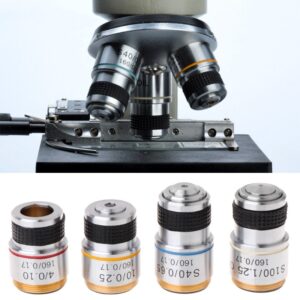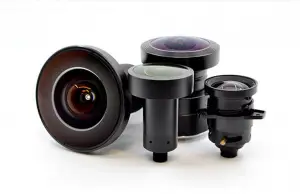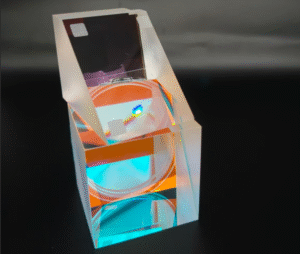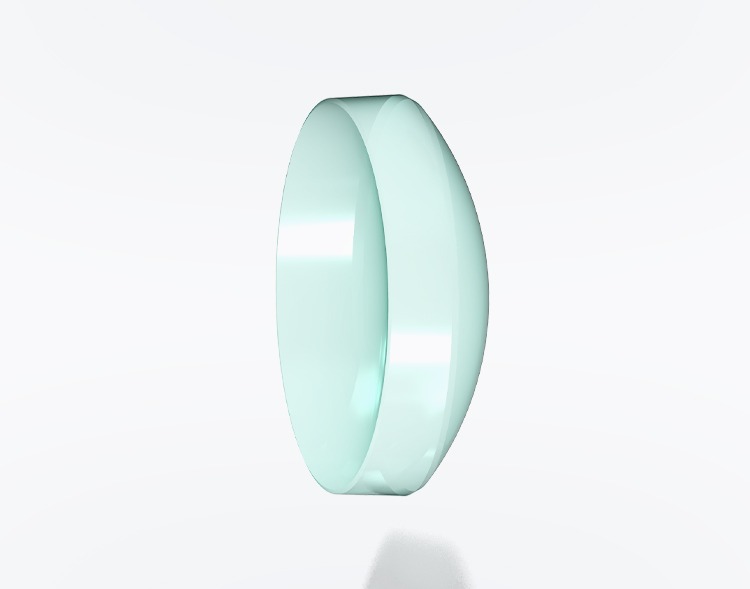What is a Meniscus Lens?
A meniscus lens is an optical lens with one convex and one concave surface. Depending on the curvature, it can be either positive (converging) or negative (diverging). These lenses are ideal for minimizing spherical aberration and improving image quality in both single and multi-element systems.
At Bote Optics Singapore, we provide high-precision custom meniscus lenses optimized for diverse optical applications across UV, visible, and infrared wavelengths.
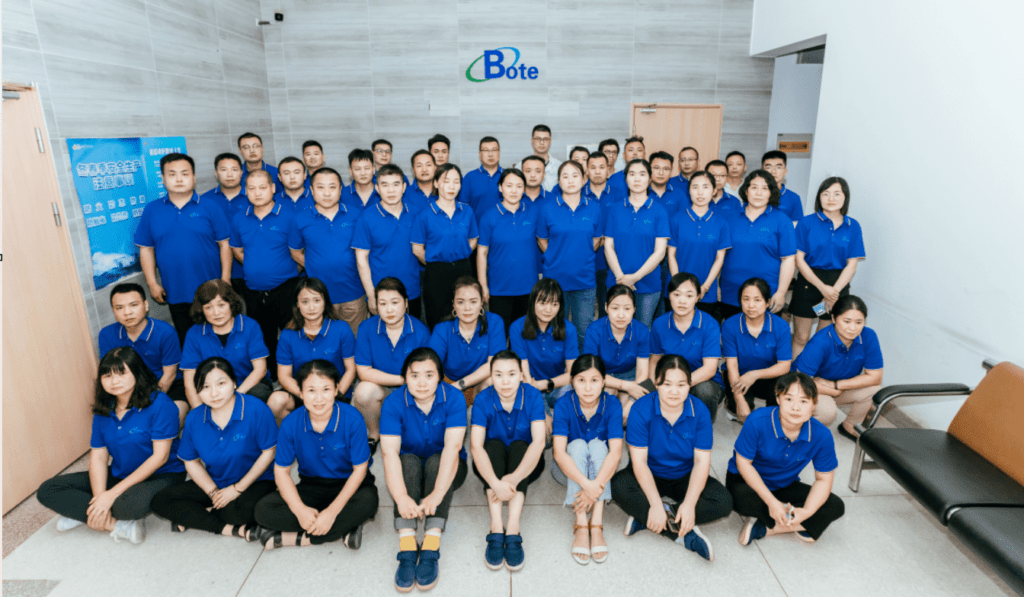
Meniscus Meaning in Optics
In optics, “meniscus” refers to a lens shape that has one convex and one concave surface. The term is derived from the Greek word for “crescent.” Unlike plano lenses, meniscus lenses offer enhanced optical performance when carefully designed and oriented.
Types of Meniscus Lenses
| Lens Type | Description | Optical Power |
|---|---|---|
| Positive Meniscus Lens | Convex surface has a greater curvature | Converging |
| Negative Meniscus Lens | Concave surface has a greater curvature | Diverging |
| Plus Meniscus Lens | Another name for positive meniscus | Converging |
| Diverging Meniscus Lens | Another term for negative meniscus | Diverging |
Image Example:
Meniscus Lens Design and Parameters
Designing a meniscus lens involves balancing curvature, material, and coating to optimize:
- Focal length
- Beam shape
- Aberration correction
Key Parameters:
| Parameter | Typical Range |
| Diameter | 5 mm – 100 mm |
| Center Thickness | 1 mm – 20 mm |
| Material | BK7, Fused Silica, CaF2, ZnSe, Ge |
| Surface Quality | 40-20, 20-10 |
| Coatings | AR, BBAR, DLC for UV to IR range |
| Tolerance | Diameter: ±0.1 mm, Thickness: ±0.1 mm |
We tailor designs based on customer drawings and optical system requirements.
Meniscus Lens Formula
The focal length (f) of a meniscus lens is given by the lensmaker’s equation:
Where:
- : Focal length
- : Refractive index
- , : Radii of curvature (sign depends on lens orientation)
- : Thickness at the lens center
Meniscus Lens Uses
| Application | Purpose |
| Laser Collimation | Reduce beam divergence |
| Telescope Objective Systems | Improve edge resolution |
| Imaging Systems | Correct spherical aberration |
| Beam Expanders | Minimize wavefront distortion |
| Eyeglasses | Correct nearsightedness and farsightedness |
Our lenses are used in:
- Laser optics
- Infrared imaging
- Biomedical instruments
- Industrial inspection systems
Positive vs Negative Meniscus Lens
| Feature | Positive Meniscus | Negative Meniscus |
| Dominant Surface Curvature | Convex | Concave |
| Optical Power | Converging | Diverging |
| Typical Use | Beam collimation, focusing systems | Beam divergence, expansion systems |
Meniscus Lens Diagram
A simple illustration of ray tracing in a meniscus lens.
Why Choose Bote Optics for Meniscus Lenses?
- 🏠 Factory in Nanjing: Full-spectrum manufacturing from polishing to coating
- 🌐 Singapore Facility: Precision inspection and small-scale assembly
- ⚙️ Custom Options: Materials, curvature, coating, and tolerance on demand
- ✉️ Fast Global Shipping: Singapore-based logistics for ITAR-free exports
Explore our custom optics solutions to get started.
FAQs About Meniscus Lenses
Q1: What makes meniscus lenses unique?
A: Their combination of convex and concave surfaces allows better aberration control compared to plano or spherical lenses.
Q2: When should I use a positive meniscus lens?
A: When collimating light or focusing a converging beam without adding distortion.
Q3: What coatings are available?
A: AR coatings for UV, VIS, NIR, IR, and custom DLC or BBAR depending on application.
Q4: Can Bote provide infrared meniscus lenses?
A: Yes! We offer ZnSe, Ge, and CaF2 meniscus lenses for mid-IR applications.
Q5: Do you offer lens design assistance?
A: Absolutely. Our engineers can help optimize curvature, materials, and assembly integration.
Internal Links
Ready to customize your optical solution?
✉️ Email us: [email protected]
🌐 Visit: www.bote.com.sg
📋 Upload your specs and get an expert reply within 24 hours!

